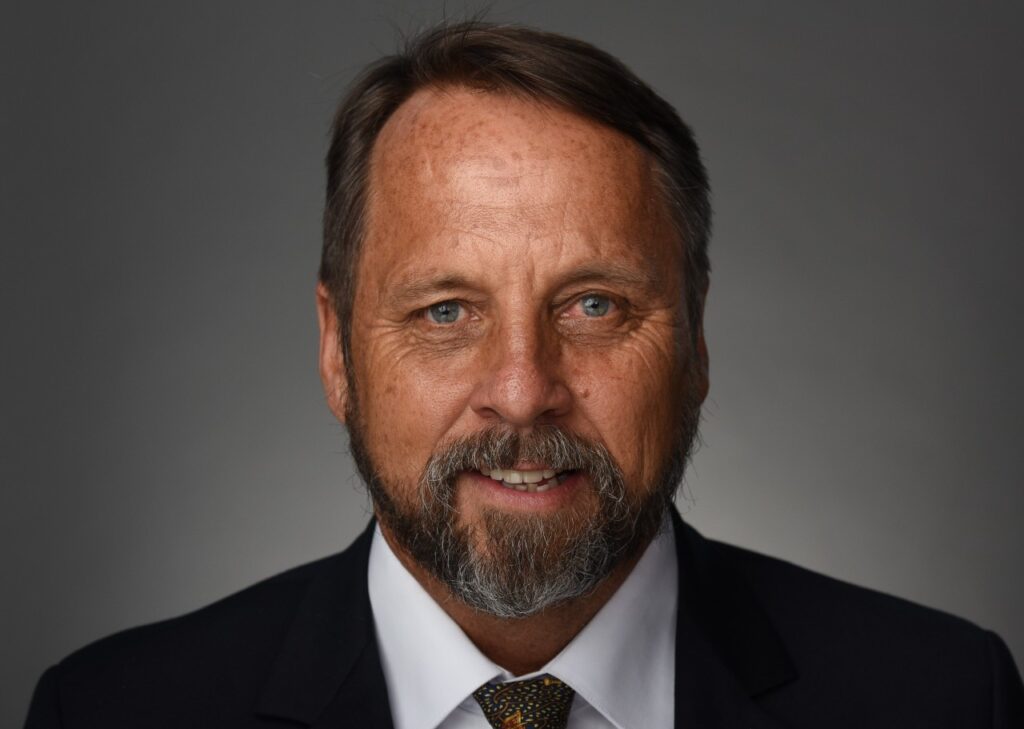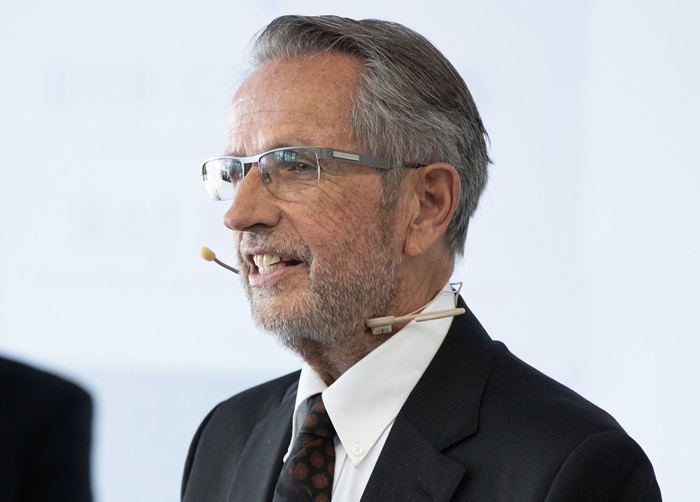Don Thomson Creates a Win-Win-Win from ‘Tragic Plastic’ Waste
By Chris Benguhe, RaeAnne Marsh and Elaine Pofeldt | January 18, 2024 6:15 am

A Canadian moving his family to Costa Rica to see “what it was all about” for a six-month stay that turned into 32 years — that is merely the beginning of CRDC founder Don Thomson’s remarkable story of (dare we say it?) transforming the world.
“I created a construction entity and a development entity. And what I really found I loved was social housing. I actually worked on the two ends of the scale: the highest end and the lowest end,” Don relates. It was a symbiotic relationship between the poor people of the area and wealthier people who would come to Costa Rica and buy a vacation home. “We could provide them that, but if a bit of that money went into housing bonds, then we could actually build people social housing.”
So, Don made a career out of social housing and high-end development. And eventually created the Center for Regenerative Design and Collaboration — which, even in his low-key description, is a mind-boggling achievement.
But before that was a music school. His wife’s idea for the poor children of the poor families. “We created a classical music school on the beach. I thought she was crazy. She wasn’t; it just boomed.”
However, the blight on the area was beaches submerged in plastic. Don paints the picture for us: “Even in Costa Rica, just at times and certainly during the rainy season, it could just be our beach was seven kilometers long, seven kilometers — dump.”
Plus, he explains, the eyesore was hurting his potential development business, he explains, “because we’re also selling high-end properties on that same beach.”
Don recalls how his whole career focus changed from watching the children get involved in cleaning up the beach. Which led to musings on regeneration and circularity — kind of a ripple effect of individual impact.
And he brought his construction expertise to the prospect. Answering his own question, “How could you take people out of poverty?” he noted the value of providing them with a house that appreciates rather than one built with substandard materials. “That really comes back to the quality of the materials that go into that house.”
All of which leads again to the amazing story of CRDC.
An environmentalist who was, as he put it, “against plastic,” Don actually patented and won awards for creating “the Bottle to Tile” on the general concept that it is possible to take a product and design it for its end of life. In this case, it was plastic that could be used in an industry that still appreciates in value: homebuilding.
The idea caught on, and its story is compelling. But as good as it was, it wasn’t enough for Don. He saw a way to change the world: the aggregate industry. “Aggregate,” being the loosely compacted rocks and sand used to make asphalt or concrete, is essential to construction.
There were challenges, of course. “When we went about making this aggregate, we knew we wanted to use every kind of plastic available. Beach plastic, which can be pretty dirty, can have crustaceans on it, it can have some sand in it, it can have whatever. Or post-consumer plastic could still have a little bit of yogurt in the thing. Those are realities,” he explains. “And so, how could we co-mingle all of that and make a product that was actually a high-end product?” That’s only part of the story.
The goal was ambitious and success nothing short of amazing. And he enlisted support from the petroleum industry to get it done — help funding facilities like the one that was nearing completion when Don spoke to us early last year, which is capable of processing about four and a half tons per hour, 100 tons of plastic per day. “And 100 tons of plastic a day will completely eliminate the waste plastic problem in the country.”
CRDC has facilities in both developed and lesser-developed countries — a surprising list of locations — with several planned for this year and an outlook to build 20 in the next two years. “And we have about 28 countries that want it right now,” he says.
Self-deprecating throughout the interview, Don told us, “It’s just amazing for us, considering we came from a small, little, music school, to be able to tell you our story.” Click on the link below so you can have the amazing opportunity to hear it.




